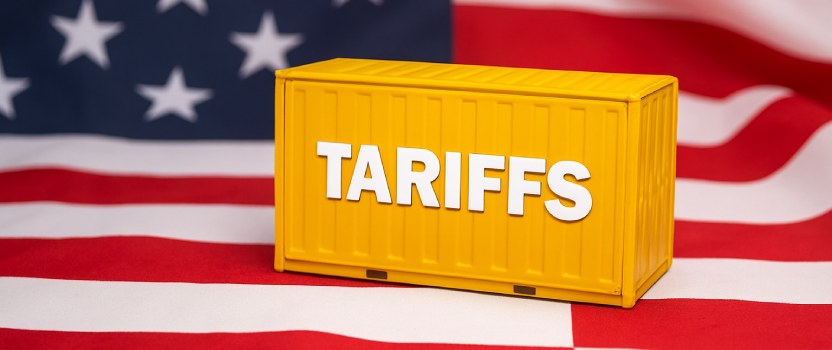The increase in tariffs imposed by the United States has created a lot of challenges for businesses that rely on importing goods. Higher tariffs not only increase costs but also disrupt established supply chains and force companies to change their long-term sourcing strategies.
Tariff's Effect on Business:
- Higher Operational Costs: Tariffs directly increase the cost of goods sold (COGS), affecting profitability.
- Supply Chain Disruptions: Businesses may need to shift suppliers or source from countries with lower tariffs, but this could impact the consistency, quality, or timely availability of products.
- Pricing Pressure: Higher tariffs often necessitate price increases, potentially reducing competitive advantage and market share.
Scenario & Possible Mitigation Strategy:
A US company importing goods from its manufacturing unit in India might face losses due to increased tariff rates. The elevated cost of imports increases the COGS, making it difficult to sell at existing price points without incurring heavy losses or reduced profits.
Modifying Export Margins in India:
To lower export prices, the Indian manufacturing facility may lower its margins. US operations can maintain profitability and competitiveness by controlling the cost of goods sold (COGS).
Establishing a Legal Entity:
Establishing an entity in the US can also be beneficial, as profits earned in the US can be retained or reinvested in local growth.
Important Points to Consider:
- Margin reduction must be carefully evaluated, or it may affect the financial health of the Indian unit.
- Tax implications of restructuring profits between India and the US must be analyzed in detail.
- Depending only on price changes may not work in the long term. Companies should also think about product redesign, entering new markets, or supply chain optimization.
Conclusion:
Rising tariffs on imports can create a challenging situation for any business, specifically for those that manufacture units from overseas. Even while increased expenses and supply chain are immediate concerns, companies can reduce these risks through strategic measures such as modifying export goods or setting up local entities.
At KDP Accountants, we specialize in cross-border advisory, FEMA compliance, and international taxation. With the help of our team of experts, we help businesses navigate tariff-related challenges, global structure operations efficiently, and ensure compliance across jurisdictions. For professional assistance, connect with us at enquire@kdpaccountants.com.


